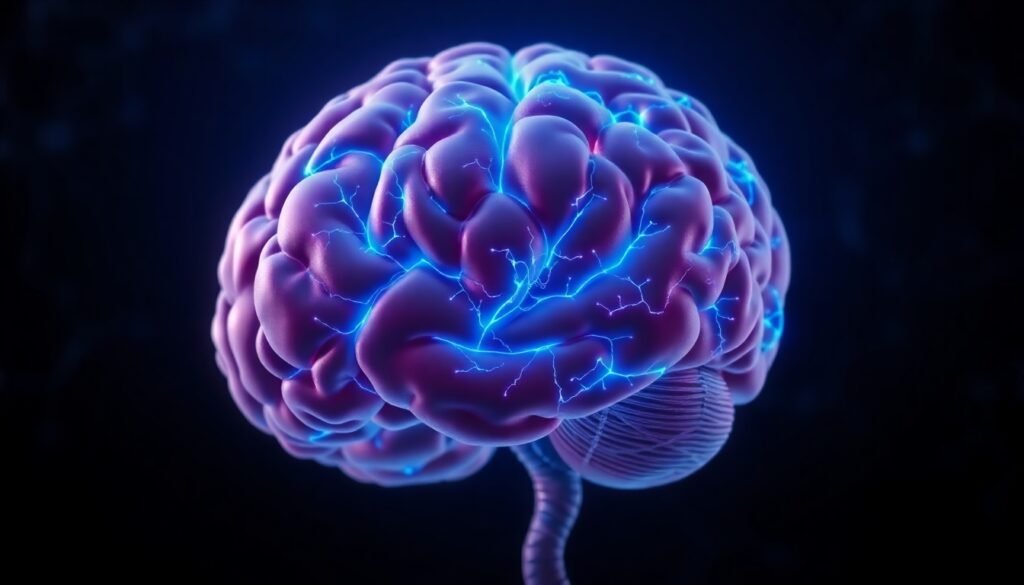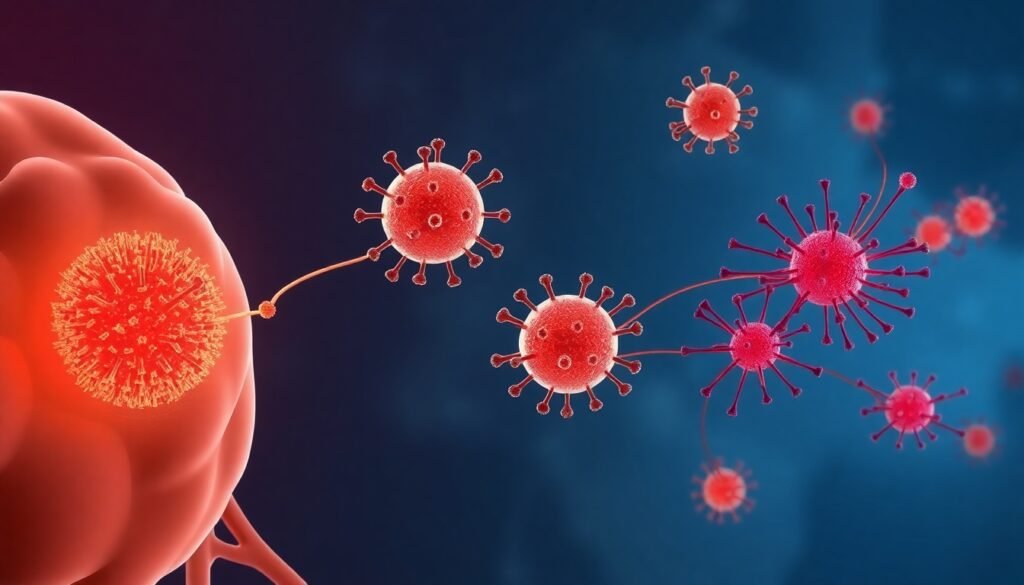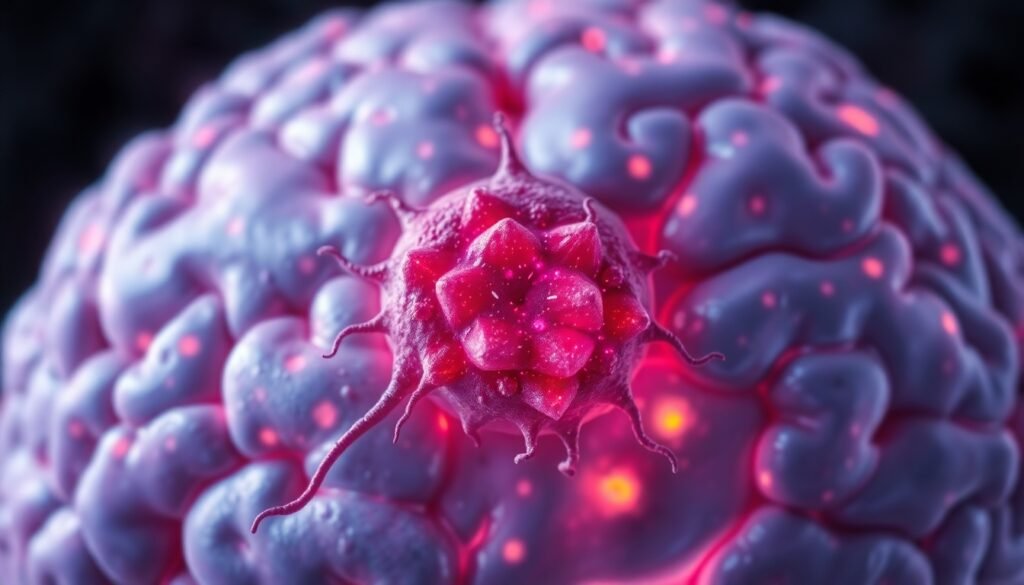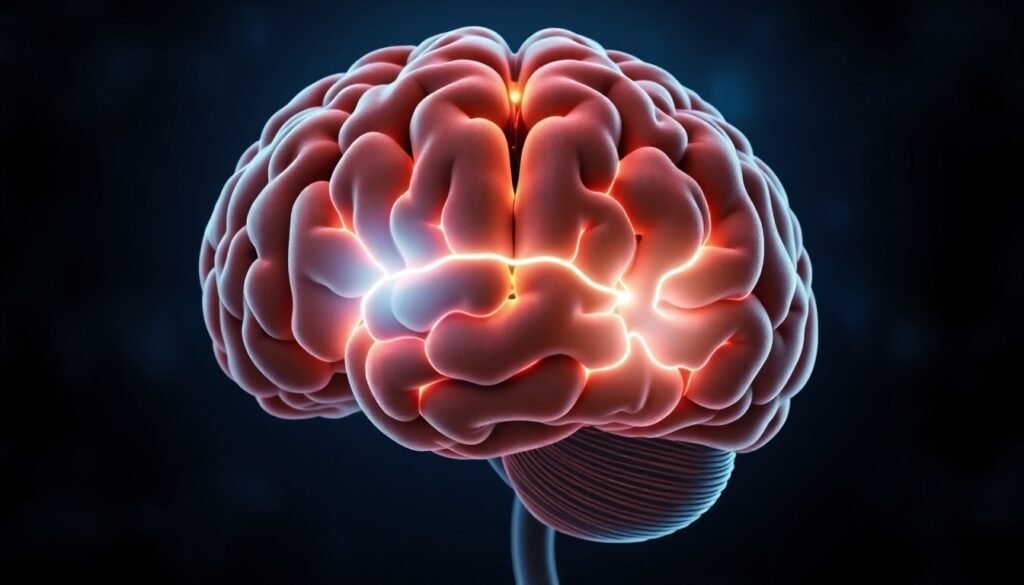A groundbreaking study uncovers how genetic risk for depression can mute the brain’s reward and punishment signals in healthy young adults, revealing potential neural markers for early detection and personalized intervention.
Depression is one of the most pervasive mental health challenges of our time, affecting millions worldwide. While its causes are a complex tapestry of environmental, psychological, and biological factors, we’ve long known that genetics plays a significant role. It’s the invisible blueprint that can predispose an individual to the condition. But what if we could read that blueprint and see its effects on the brain long before the storm of clinical depression arrives? What if the earliest warning signs weren’t feelings of sadness, but subtle, silent changes in our neural circuitry?
A team of researchers from Yale University School of Medicine has taken a significant step toward answering these questions. In a novel imaging study, they discovered that a higher genetic risk for depression is linked to diminished brain activity when processing life’s wins and losses. Crucially, they observed this pattern in healthy young adults with no current symptoms of depression, suggesting that the brain may hold early, measurable markers of vulnerability.
Peeking Inside the Brain’s Decision-Making Center
To investigate the link between genetic risk and brain function, the researchers turned to a massive dataset: the Human Connectome Project (HCP). They analyzed data from nearly 900 healthy twins and siblings between the ages of 22 and 35. This design is particularly powerful because studying twins and siblings helps researchers better isolate the influence of shared genetics from other life factors.
Each participant underwent functional MRI (fMRI) scans while playing a simple gambling game that involved winning or losing small amounts of money. This task was designed to activate the brain’s reward and punishment processing centers. Simultaneously, the researchers had access to each person’s genetic data, from which they calculated a polygenic risk score (PRS) for depression. A PRS is a powerful tool that aggregates the tiny effects of many different genes into a single score that estimates an individual’s inherited predisposition to a particular condition.
The central question was straightforward: Would individuals with a higher genetic risk for depression show a different brain response to winning and losing, even if they felt perfectly fine?
A Muted Response to Rewards and Setbacks
The results were clear and compelling. Individuals with a higher PRS for depression showed significantly less brain activity in several key regions when they won or lost money in the game. These weren’t random areas; the blunted activity was concentrated in the frontal, parietal, and occipital cortices. Think of these regions as the brain’s executive suite—they are critical for directing attention, processing information, and executing decisions.
“We found that individuals with higher genetic risk for depression showed less activity in brain areas linked to attention and decision-making,” reported lead investigator Dr. Chiang-Shan R. Li. This suggests that even before any mood changes are apparent, an inherited risk for depression may quietly dampen the neural machinery we use to engage with and react to everyday outcomes.

A Specific Clue for Punishment Sensitivity
Digging deeper, the researchers uncovered an even more specific neural signature. One particular brain region, the posterior cingulate cortex, stood out. This area, involved in self-reflection and processing emotionally significant events, showed a strong link to punishment sensitivity, but not to reward processing.
In individuals with a higher genetic risk for depression, the activity in this region was uniquely altered when they experienced a loss in the game. This finding is particularly intriguing because it may point to a specific neurobiological pathway for the heightened sensitivity to negative feedback and setbacks that is a hallmark of depression. It’s a potential early clue that the brain is wired to react differently to life’s disappointments.
Men and Women Walk Different Neural Paths
Adding another layer of complexity and importance, the study revealed that these neural patterns were not the same for everyone. The researchers observed significant sex-specific differences in how genetic risk manifested in the brain.
“We also observed sex-dependent neural responses that suggest potentially sex-specific neurobiological pathways linking genetic risk to depression,” Dr. Li explained. This finding underscores a critical, evolving understanding in medicine: biology is not one-size-fits-all. Men and women may have different underlying vulnerabilities and, therefore, may one day benefit from different prevention strategies and treatments.
A New Horizon for Mental Healthcare
The implications of this research are profound, potentially shifting the paradigm from reactive treatment to proactive prevention.
“This research shows that genetic risk for depression can quietly influence how the brain reacts to everyday rewards and setbacks—even before someone feels depressed,” concluded Dr. Yu Chen, the lead author of the article. “These early brain markers could help us detect who is at risk and find better ways to intervene before symptoms appear.”
By identifying these genetically-informed neural markers, scientists and clinicians are moving closer to a future where mental healthcare is more personalized and preemptive. Imagine being able to identify a young person at high risk and offering targeted therapies—whether behavioral or pharmacological—designed to strengthen these specific neural circuits before they ever experience a major depressive episode.
As Dr. Cameron S. Carter, Editor-in-Chief of the journal that published the study, commented, this work “paves the way for a better understanding of how genetic predisposition interacts with brain function… opening up new avenues for early detection and targeted therapies for depression.”
This study doesn’t provide all the answers, but it illuminates a promising path forward. It reminds us that the roots of depression can run deep, woven into our very biology, but by understanding them, we gain the power to change the future, one neural pathway at a time.
Reference
Chen, Y., Li, C. R., et al. (2024). Polygenic Risks for Depression and Neural Responses to Reward and Punishment in Young Adults. Biological Psychiatry: Cognitive Neuroscience and Neuroimaging.



